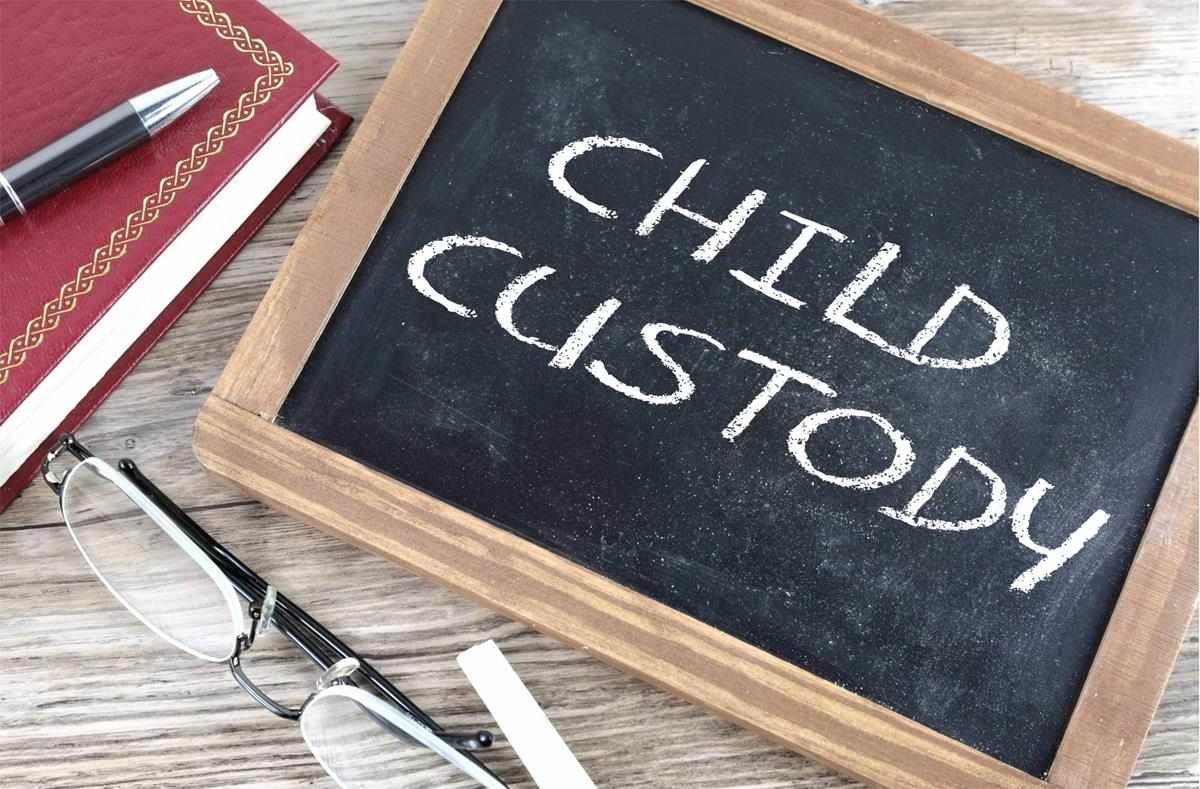Child custody legal issues can be complex and emotionally taxing for parents navigating separation or divorce. Gaining a clear understanding of the legal landscape and the factors involved in custody decisions is crucial for ensuring the best interests of your child. This comprehensive guide provides detailed insights into child custody laws, answers frequently asked questions, and offers actionable advice to help you through this challenging process.
YOU MIGHT ALSO LIKE: How to Navigate Divorce
What Is Child Custody?
Child custody refers to the legal and practical relationship between a parent and their child, encompassing the right to make important decisions and the duty to care for the child. Child custody can be broken down into two main types:
- Legal Custody: The authority to make significant decisions regarding the child’s welfare, including education, healthcare, and religious upbringing.
- Physical Custody: Determines where the child will live and which parent will handle daily caregiving responsibilities.
Types of Child Custody Arrangements
Several child custody arrangements can be determined by the court:
- Sole Custody: One parent has exclusive legal and physical custody of the child.
- Joint Custody: Both parents share legal and/or physical custody, promoting active involvement from both.
- Primary Custody: The child primarily resides with one parent, while the other has visitation rights.
- Split Custody: In cases with multiple children, each parent may have custody of different children.
Factors Courts Consider in Custody Decisions
Courts prioritize the best interests of the child when making custody decisions. Key considerations include:
- Parental Fitness: The mental and physical health of each parent.
- Child’s Age and Health: The child’s developmental stage and specific health needs.
- Emotional Bonds: The strength of the child’s relationship with each parent.
- Stability: Each parent’s ability to provide a stable, consistent environment.
- History of Abuse: Any past incidents of domestic violence or abuse.
Improving Your Chances of Gaining Custody
To enhance your likelihood of securing custody, consider these strategies:
- Active Involvement: Demonstrate your engagement in your child’s daily life and activities.
- Stable Environment: Provide a nurturing, safe, and stable home.
- Documentation: Maintain detailed records of your involvement and interactions.
- Legal Support: Engage a family law attorney to guide you through the process.
Modifying Custody Arrangements
Custody arrangements can be modified under certain circumstances, such as:
- Relocation: A parent’s move that impacts the current arrangement.
- Employment Changes: A new job affecting a parent’s availability.
- Child’s Needs: Adjustments required to meet evolving needs of the child.
The Role of Mediation in Child Custody
Mediation is often an effective alternative to court proceedings for resolving custody disputes. Benefits include:
- Cost-Effective: Generally less expensive than litigation.
- Less Adversarial: Promotes cooperation and reduces conflict.
- Confidentiality: Ensures privacy compared to public court hearings.
Statistics on Child Custody
Here are some relevant statistics to provide context:
- Joint Custody: Approximately 20% of custody cases result in joint physical custody .
- Mother’s Custody: In about 80% of cases, mothers are awarded primary custody .
- Father’s Involvement: Active father involvement is linked to better social and academic outcomes for children .
Addressing Additional Common Questions
How Long Does the Custody Process Take?
The duration of the custody process varies widely depending on factors such as case complexity, court schedules, and whether the custody arrangement is contested. On average, the process can take several months to over a year.
What Is a Parenting Plan?
A parenting plan is a written agreement outlining how parents will share responsibilities and make decisions about the child’s upbringing. It includes schedules, holidays, decision-making protocols, and conflict resolution methods.
Can Grandparents Get Custody or Visitation Rights?
In certain circumstances, grandparents may be granted custody or visitation rights, especially if it is in the best interest of the child. Courts consider factors such as the relationship between the child and grandparents and the parents’ wishes.
Conclusion
Navigating child custody legal issues requires knowledge, preparation, and the right support. By understanding the different types of custody, factors influencing court decisions, and strategies to improve your chances, you can better advocate for your child’s best interests. Seeking legal advice and considering mediation can further facilitate a positive outcome.
Internal Linking Opportunities
- Link to articles on “How to Navigate Divorce” to provide comprehensive support.
- Connect to guides on “Parental Rights and Responsibilities” for further reading.
- Include links to resources on “Child Welfare and Safety” for a holistic approach.
Learn more from the link below
- American Bar Association
- U.S. Census Bureau
- Child Welfare Information Gateway
- Legal Information Institute
- National Conference of State Legislatures
#ChildCustody
#CustodyLaws
#ParentingPlan
#BestInterestsOfTheChild
#CustodyModification
#VisitationRights
#CoParenting
#CustodyMediation
#InterstateCustody
#LegalCustody

2 thoughts on “Child Custody: Understanding Child Custody Legal Issues for Parents”